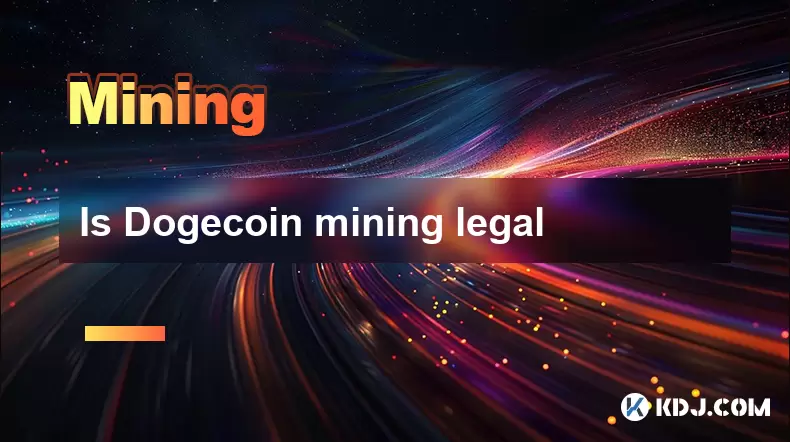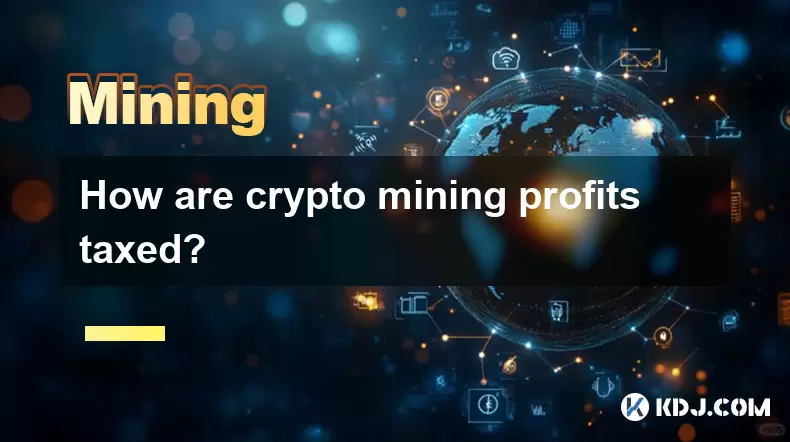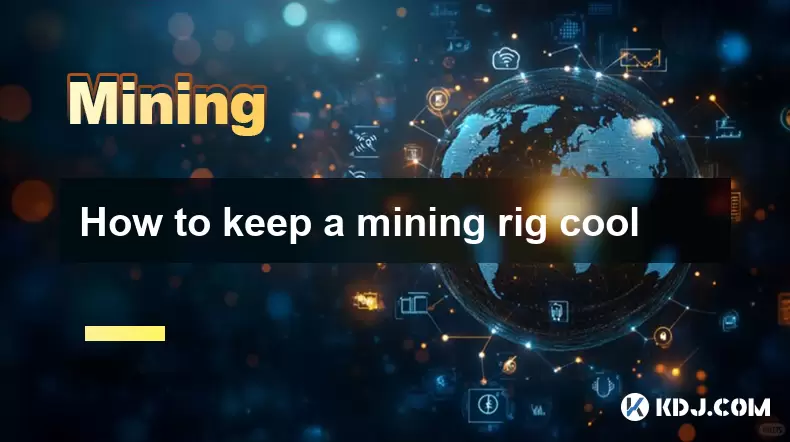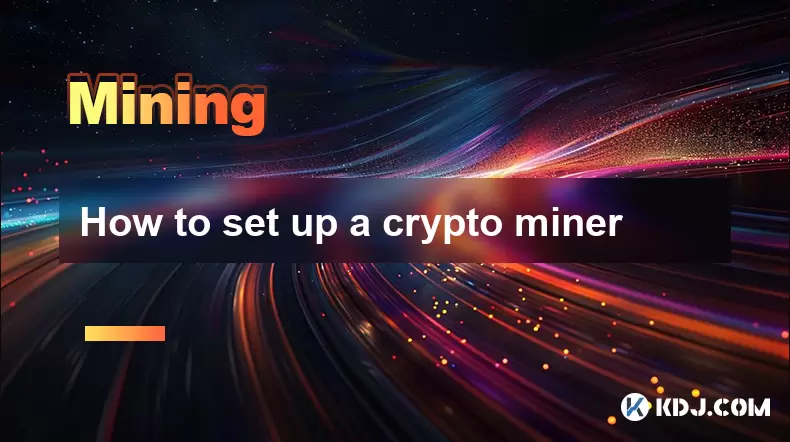-
 Bitcoin
Bitcoin $118300
-1.72% -
 Ethereum
Ethereum $3591
-0.69% -
 XRP
XRP $3.478
-3.53% -
 Tether USDt
Tether USDt $1.001
-0.01% -
 BNB
BNB $737.7
-0.54% -
 Solana
Solana $177.3
-2.40% -
 USDC
USDC $0.9999
-0.01% -
 Dogecoin
Dogecoin $0.2538
7.04% -
 TRON
TRON $0.3256
-0.85% -
 Cardano
Cardano $0.8332
-3.48% -
 Hyperliquid
Hyperliquid $44.80
-3.30% -
 Stellar
Stellar $0.4672
-6.09% -
 Sui
Sui $3.828
-5.98% -
 Chainlink
Chainlink $18.15
-3.41% -
 Hedera
Hedera $0.2655
-7.16% -
 Bitcoin Cash
Bitcoin Cash $517.5
-0.64% -
 Avalanche
Avalanche $23.89
-2.37% -
 Shiba Inu
Shiba Inu $0.00001519
-0.45% -
 UNUS SED LEO
UNUS SED LEO $8.973
0.13% -
 Toncoin
Toncoin $3.211
-2.54% -
 Litecoin
Litecoin $103.5
-3.58% -
 Polkadot
Polkadot $4.313
-3.90% -
 Uniswap
Uniswap $10.31
0.67% -
 Monero
Monero $325.4
-2.88% -
 Bitget Token
Bitget Token $5.049
3.51% -
 Ethena USDe
Ethena USDe $1.002
0.04% -
 Pepe
Pepe $0.00001346
-2.96% -
 Dai
Dai $0.9999
-0.02% -
 Aave
Aave $322.1
-2.93% -
 Bittensor
Bittensor $411.9
-4.70%
Is Dogecoin mining legal
Dogecoin mining is legal in many countries but requires compliance with local laws on taxation, energy use, and financial regulations.
Jul 14, 2025 at 07:07 am

Understanding the Legal Status of Dogecoin Mining
Dogecoin mining, like many cryptocurrency-related activities, operates within a complex legal framework that varies significantly across different jurisdictions. In general terms, mining Dogecoin itself is not illegal in most countries, but it must comply with local laws regarding taxation, energy consumption, and financial regulation. Governments around the world have taken diverse approaches to cryptocurrencies, ranging from full acceptance and regulation to outright bans.
In countries such as the United States and Canada, Dogecoin mining is legal, though miners may be required to report earnings for tax purposes. Conversely, nations like China have imposed restrictions on cryptocurrency mining due to concerns over energy usage and capital controls. It’s crucial for potential miners to understand the specific regulations in their region before investing in hardware or software.
Regulatory Considerations for Miners
When evaluating whether Dogecoin mining is legal, one must also consider the regulatory environment surrounding cryptocurrency exchanges and wallet services. Some governments require individuals engaging in crypto-related activities to register with financial authorities or adhere to anti-money laundering (AML) and know-your-customer (KYC) protocols.
For example, in the European Union, cryptocurrency miners are subject to AML directives, meaning they may need to verify their identity when converting mined DOGE into fiat currency or other digital assets. Similarly, in Australia, miners must register with AUSTRAC and maintain detailed transaction records. These rules don’t prohibit mining but impose obligations on how mined coins are used and reported.
Taxation of Mined Dogecoins
A critical aspect of Dogecoin mining legality involves understanding how mined coins are treated for tax purposes. In many jurisdictions, including the United States, mined Dogecoin is considered taxable income at the time it is received. This means miners must calculate the fair market value of the DOGE they earn and report it on their tax returns.
Failure to report mining income can lead to penalties or audits by tax authorities. Additionally, if miners hold onto their DOGE and its value increases, any subsequent sale may trigger capital gains taxes. Proper record-keeping, including dates of receipt and values at the time of mining, is essential to remain compliant with tax laws.
Energy Consumption and Environmental Regulations
Another factor affecting the legality of Dogecoin mining is the environmental impact associated with proof-of-work (PoW) consensus mechanisms. Dogecoin uses a PoW algorithm called Scrypt, which requires significant computational power and thus consumes considerable electricity.
Some regions have introduced policies to regulate or restrict mining operations due to concerns about excessive energy use. For instance, New York State passed legislation imposing a moratorium on new mining operations using carbon-based energy sources. Similarly, local municipalities may enforce zoning laws or noise ordinances that indirectly affect mining activities conducted at home.
Miners should assess local utility regulations and ensure compliance with environmental standards to avoid fines or shutdowns. In some cases, miners may opt for renewable energy sources or cloud mining contracts to mitigate legal and environmental risks.
Legal Risks and Compliance Strategies
While Dogecoin mining is generally legal, there are still potential legal risks involved. One key concern is the misuse of computing resources without authorization, such as cryptojacking—illegally using someone else’s computer to mine cryptocurrency. This practice is universally illegal and punishable under cybercrime laws.
To stay compliant, miners should:
- Use only authorized hardware and software.
- Ensure proper licensing for mining pools or platforms.
- Avoid engaging in fraudulent or deceptive practices.
- Stay informed about evolving cryptocurrency laws in their jurisdiction.
By proactively addressing legal considerations, miners can enjoy the benefits of participating in the Dogecoin network while minimizing exposure to regulatory scrutiny.
Frequently Asked Questions
- Do I need a license to mine Dogecoin?
No license is specifically required for mining Dogecoin in most countries. However, depending on your location, you may need to comply with broader cryptocurrency regulations, including registering with financial authorities or reporting mining income.
Can I mine Dogecoin on my home computer?
Yes, you can mine Dogecoin using a personal computer, especially since it uses the Scrypt algorithm, which is more GPU-friendly than ASIC-dependent algorithms. However, you should check local laws regarding electricity usage, noise levels, and zoning restrictions before starting. Is it legal to join a Dogecoin mining pool?
Joining a mining pool is generally legal, but you should choose reputable pools that operate transparently and comply with local laws. Some jurisdictions may require mining pools to register as financial service providers or comply with data protection regulations. What happens if Dogecoin becomes illegal in my country?
If your government bans or restricts cryptocurrency mining, continuing to mine Dogecoin could result in legal consequences. Always monitor legislative changes and consult with legal professionals if you're unsure about your obligations. Disclaimer:info@kdj.com
The information provided is not trading advice. kdj.com does not assume any responsibility for any investments made based on the information provided in this article. Cryptocurrencies are highly volatile and it is highly recommended that you invest with caution after thorough research!
If you believe that the content used on this website infringes your copyright, please contact us immediately (info@kdj.com) and we will delete it promptly.
- XRP Mining for Passive Wealth: Is It the 2025 Crypto Gold Rush?
- 2025-07-19 22:50:12
- India's Wealthy Embrace Crypto: A New Era of Digital Investment
- 2025-07-19 22:30:12
- XRPL's TVL Surge: DeXRP's Ambitious DEX and SUI's Rise
- 2025-07-19 22:50:12
- Donkey Kong Ranked Games: From Arcade King to Switch 2 Bananza!
- 2025-07-19 22:30:12
- Shiba Inu, Ethereum Classic, and Remittix: Which Crypto Will Dominate?
- 2025-07-19 20:48:26
- TOKEN6900 Presale Heats Up: The Meme Coin to Watch in 2025
- 2025-07-19 20:48:27
Related knowledge

How are crypto mining profits taxed?
Jul 14,2025 at 12:28am
Understanding Cryptocurrency Mining and TaxationCryptocurrency mining involves validating transactions on a blockchain network and earning rewards in ...

How to keep a mining rig cool
Jul 12,2025 at 01:42pm
Understanding the Importance of Cooling in Mining RigsCryptocurrency mining is an intensive process that places heavy demand on hardware components, p...

How to mine crypto on a gaming PC
Jul 16,2025 at 12:00pm
What is Crypto Mining on a Gaming PC?Crypto mining involves using your computer's processing power to validate transactions on a blockchain network. A...

How to set up a crypto miner
Jul 16,2025 at 09:14am
Understanding Ethereum Gas Fees: What Are They and How Do They Work?Ethereum gas fees are a fundamental aspect of the network, representing the cost r...

Can you mine crypto on a laptop?
Jul 16,2025 at 02:21am
Is It Feasible to Mine Cryptocurrency on a Laptop?Mining cryptocurrency on a laptop is technically possible, but feasibility depends heavily on the ha...

Is crypto mining worth it?
Jul 16,2025 at 01:21am
Understanding the Basics of Crypto MiningCrypto mining refers to the process of validating transactions on a blockchain network by solving complex mat...

How are crypto mining profits taxed?
Jul 14,2025 at 12:28am
Understanding Cryptocurrency Mining and TaxationCryptocurrency mining involves validating transactions on a blockchain network and earning rewards in ...

How to keep a mining rig cool
Jul 12,2025 at 01:42pm
Understanding the Importance of Cooling in Mining RigsCryptocurrency mining is an intensive process that places heavy demand on hardware components, p...

How to mine crypto on a gaming PC
Jul 16,2025 at 12:00pm
What is Crypto Mining on a Gaming PC?Crypto mining involves using your computer's processing power to validate transactions on a blockchain network. A...

How to set up a crypto miner
Jul 16,2025 at 09:14am
Understanding Ethereum Gas Fees: What Are They and How Do They Work?Ethereum gas fees are a fundamental aspect of the network, representing the cost r...

Can you mine crypto on a laptop?
Jul 16,2025 at 02:21am
Is It Feasible to Mine Cryptocurrency on a Laptop?Mining cryptocurrency on a laptop is technically possible, but feasibility depends heavily on the ha...

Is crypto mining worth it?
Jul 16,2025 at 01:21am
Understanding the Basics of Crypto MiningCrypto mining refers to the process of validating transactions on a blockchain network by solving complex mat...
See all articles

























































































